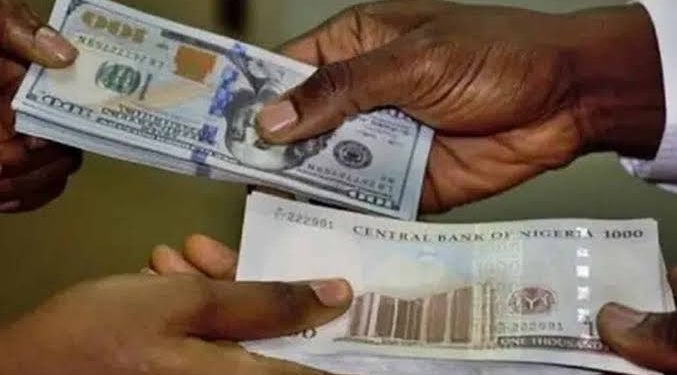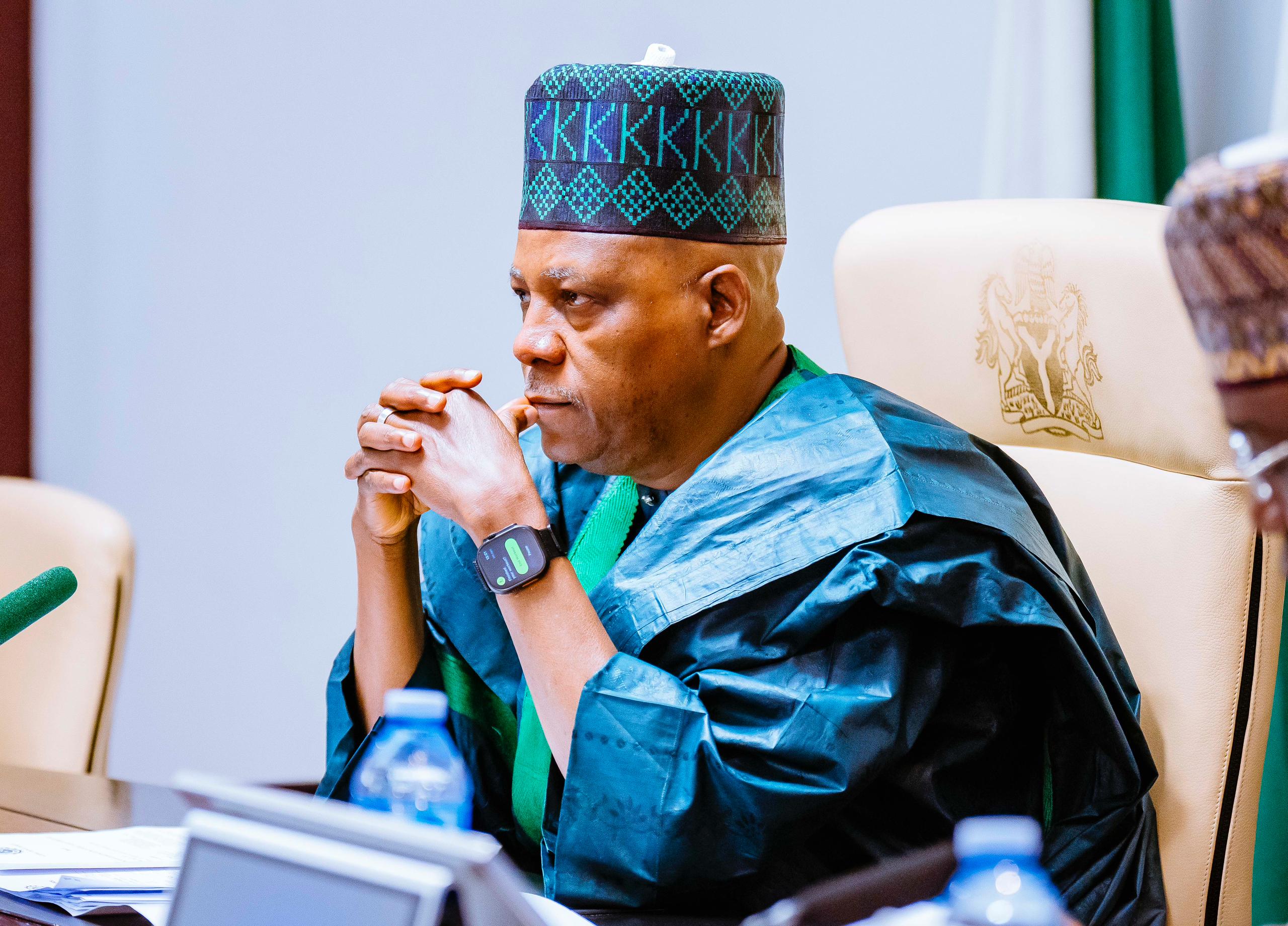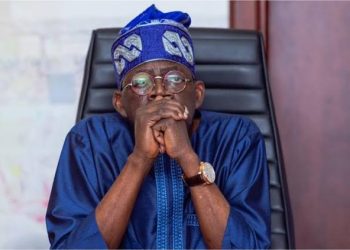The Nigerian naira has appreciated by N55 against the United States dollars at the black market controlled by Bureau de Change dealers.
The currency opened N1,220 per dollar but appreciated by 4.5 per cent to trade at N1,165 on Thursday.
The development is linked to the report that the Central Bank of Nigeria has settled over 75 per cent to 80 per cent of outstanding matured foreign exchange forwards owed to banks.
The naira has seen its worst depreciation since the Bola Tinubu’s administration initiated a managed float of its foreign exchange market with the aim of attracting investors.
However, the policy failed to achieve its purpose due to the lack of trust of investors who have their forex trapped in the country.
Foreign banks and Nigerian banks are owed by the CBN over $7bn in FX Forward deals.
“The CBN has started paying the FX backlogs to banks. So far, 14 banks have been paid,” Isah Abdulmumin, CBN Director, Corporate Communications told Reuters.
Another top source in Nigeria’s apex bank confirmed the development to BusinessDay.
“I can confirm the backlog in 14 banks have been cleared. Don’t quote me as I don’t have the details yet,” the source said.
Last month, DAILY GIST reported that the Minister of Finance and Coordinating Minister for the Economy Wale Edun said the government was expecting $10bn inflows to improve liquidity in the Nigerian foreign exchange market.
The stated that the overdue forward payments were behind the depreciation of the naira.
Edun said settling the forex backlog would increase FX supply in the foreign exchange market and strengthen the local currency against the dollar
Reacting to the development, Kalu Aja, a financial analyst said “Nigerian banks took dollars from investors and importers years ago and invested with CBN in a market called the Forward dollar Market.
Contracts in that Forward market came due, but CBN could not pay. Now CBN is paying down that dollar obligation the good news, if true. This allows Nigerian banks to repay their investors and borrow more to boost trade.”









